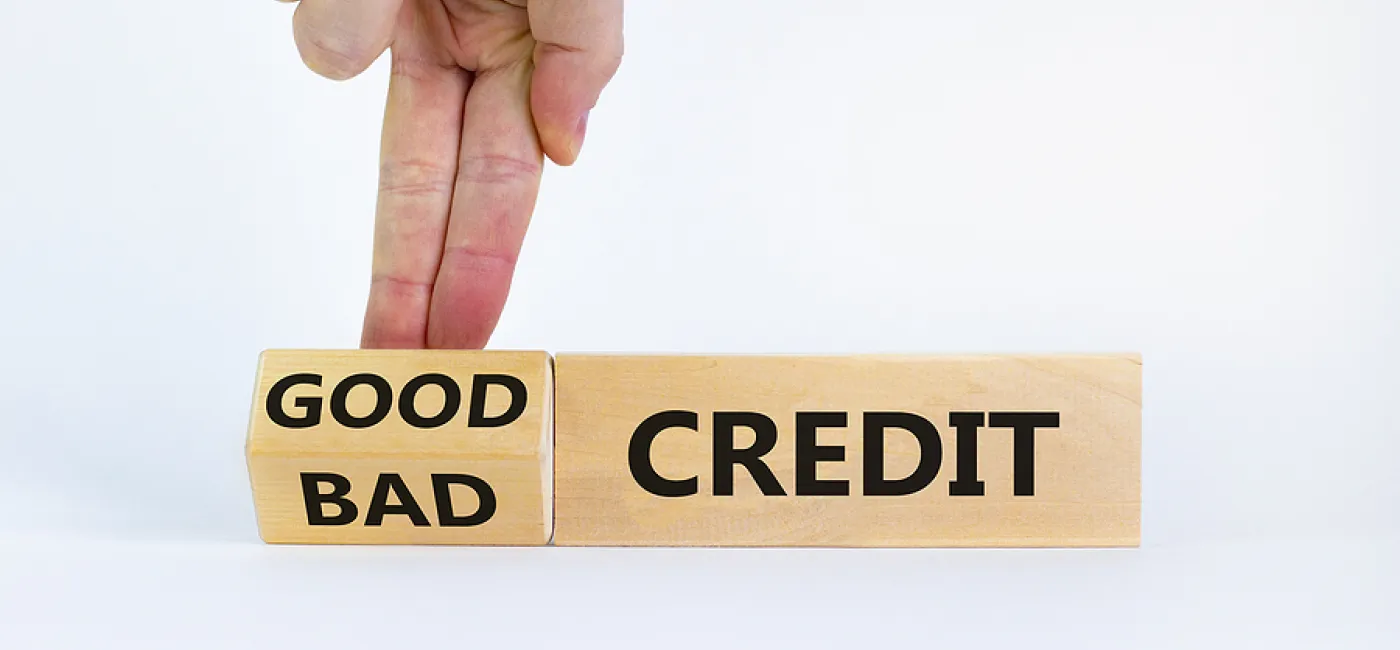
When applying for loans, lines of credit or mortgages, lenders want to know that a borrower can make the regular repayments consistently without any gaps, deferrals or delays.
Because of this, lenders will often want to know a lot about their financial history, and the first place they will often look is your credit score.
A credit score is a collation of all the information stored about you that allows lenders to see at a glance how risky lending money to a person is , and a low credit mortgage will often be on much less favourable terms than a mortgage offered to someone with a better credit score.
With that said, whilst people know that regular repayments, income, debt and expenditures can affect a credit score, there are plenty of factors that can affect a score that are not as well-understood.
Here are some surprising factors that can affect your credit score.
Roll Status
One of the easiest tricks to bump up your credit score by a few points is to join the electoral roll, which is the system the government uses to determine everyone eligible to vote.
Credit agencies like it, although not because of any political views or dedication to civic duty; instead, an electoral roll can be used as a proof of address, which helps them keep track of where you live.
Having Any Debt
A paradox that blights many first time buyers, some people without any credit history can sometimes struggle to be approved for a credit line or a home mortgage.
The reason for this is that in the eyes of a lender a person without a credit history is a wildcard; they could be exceptionally fiscally responsible and have not needed to get a loan, or they may know that their income is too risky to opt for any monthly repayments.
Until they start building up credit, through paying regular bills or using a credit builder card, they will not know for sure.
Your Credit
This is less of a problem than it used to be, but whenever someone applies for credit or has their credit checked, it is flagged by credit agencies, and too many checks can cause lenders to see someone as more of a risk.
The logic behind this is that if someone receives a lot of credit checks in a short amount of time, it can be a signal that they are looking for multiple lines of credit and thus may be in financial difficulty.
This means that people who regularly check their own credit rating could theoretically and inadvertently lower it.
In the age of comparison websites and people shopping around far more for credit and mortgages, this is less of a factor, as more people are likely to simply receive checks to see if they are e


